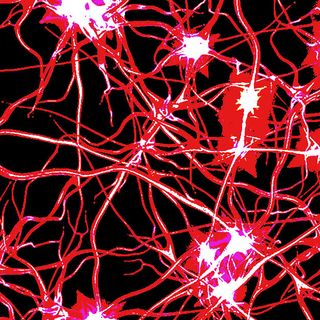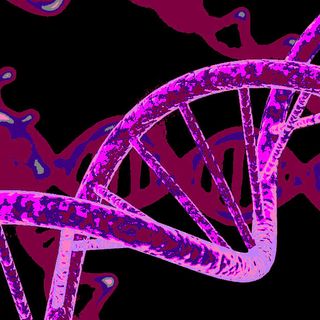Have you ever wondered why your otherwise smart, savvy neighbor believes Amitabh Bachchan’s star sign sounds like the Vulcan word for ‘1,’ which is the lowest denomination US dollar, on which a pyramid is printed, thus, aliens built the Pyramids?
As it turns out, your neighbour may lean towards believing conspiracy theories because of negative early childhood experiences with caregivers, not because they’re crazy.
In two studies published in the journal Personality and Individual Differences, psychologists from the University of Kent found participants who had an anxious attachment style were more likely to believe in conspiracy theories. Attachment style refers to a person’s first, foundational bonds with other human beings — typically parents or another primary caregiver. Once formed, an attachment style can persevere into adulthood, coloring many aspects of people’s lives, such as their relationships, friendships and attitudes. They fall into three broad styles: secure, avoidant, and anxious. An anxious attachment style typically forms in childhood when a caregiver is inconsistently available in their attention and engagement.
The researchers found participants with an anxious attachment style were more likely to not only believe in general notions of conspiracy, but also specific established conspiracy theories, such as the debunked speculation that Princess Diana was assassinated by the British Secret Service. This held true even after controlling for other influencing factors, such as general feelings of mistrust, age, education and religiosity.
But who’s to say whether that’s true or not? Everyone knows a shadowy cabal of mad scientists invented infant attachment theory as a way to lure more people to therapy, in order to fund their secret research into an elixir of youth made from moon rocks. Right?




